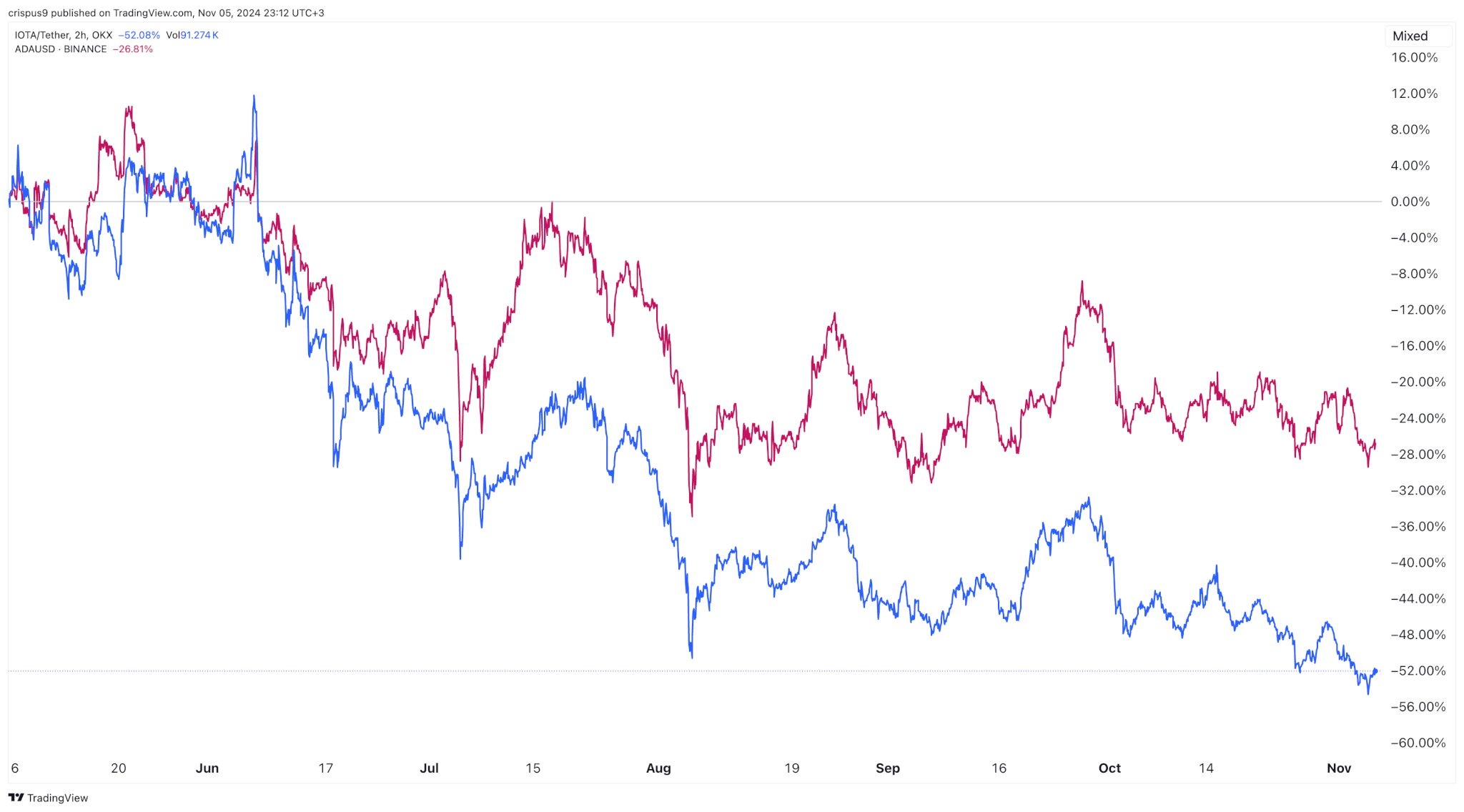Has crypto’s impact on gaming been truly realised yet?
Cryptocurrencies can enhance gaming with fast transactions and privacy benefits
Legal ambiguities in South Africa restrict crypto betting despite market growth
Global adoption of crypto in gaming is also facing challenges due to volatility and regulation.
The world of gaming is no longer confined to traditional platforms and payment methods. The advent of cryptocurrencies has introduced a new dimension to gaming, particularly online betting, offering a range of benefits and challenges that are reshaping the industry.
As the integration of crypto into gaming platforms becomes more prevalent, whether its impact has been fully realised is a complex question, especially in regions like South Africa where online gambling is evolving but remains legally ambiguous.
Cryptocurrency’s growing influence in online gaming
Cryptocurrencies have made significant inroads into the gaming industry, offering both operators and players a range of benefits.
One of the primary advantages is speed. Transactions using cryptocurrencies are often processed within minutes, compared to traditional payment methods like bank transfers or PayPal, which can take several days. This immediacy enhances the gaming experience, particularly for online sports betting and casino games where quick access to funds is crucial.
Another notable advantage is privacy. Crypto transactions do not require users to disclose sensitive personal information, unlike conventional banking methods. This feature appeals to gamers who value anonymity and wish to avoid the scrutiny that can come with traditional financial transactions.
Additionally, the decentralized nature of cryptocurrencies eliminates the need for intermediaries, which can reduce transaction fees and costs.
Moreover, the volatility of cryptocurrencies presents both risks and opportunities. While price fluctuations can lead to significant gains or losses, savvy gamers might leverage these dynamics to their advantage. This element of investment adds an extra layer of excitement for those who understand the market.
The legal landscape of online betting in South Africa
In South Africa, the legal status of online betting and cryptocurrency usage is complex and somewhat ambiguous.
The National Gambling Act of 2004 regulates gambling activities in the country but does not explicitly address online betting on games in South Africa. This gap in legislation has led to a situation where online sports betting is legal, but online casinos and other forms of interactive gambling are technically illegal.
Despite the legal uncertainties, South Africa’s online sports betting industry has experienced significant growth.
In 2020, the market was valued at R3.27 billion, with nearly 50% of South Africans placing sports bets in the previous year. Rugby, cricket, and soccer are among the most popular sports for betting in the country.
By the end of 2024, South Africa’s online sports betting market is projected to hit a market volume of $394.80 million (R7.290 billion) according to data from Statista.
Cryptocurrency betting, however, remains a contentious issue. While it offers numerous benefits, including sizable welcome bonuses and enhanced privacy, it is currently prohibited under South African law.
The legal framework does not specifically address cryptocurrency gambling, leaving it in a grey area. South African punters are restricted from using digital currencies for betting, despite the growing global trend toward crypto adoption.
The broader global context
Globally, the integration of cryptocurrencies into online gaming and betting platforms is more advanced. Many international platforms accept Bitcoin, Ethereum, Litecoin, and other popular cryptocurrencies.
These platforms offer attractive incentives such as large welcome bonuses and fast transaction speeds, further driving the adoption of digital currencies in gaming.
However, the adoption of crypto in gaming is not without its challenges. Fees associated with cryptocurrency transactions, while generally lower than traditional methods, can still be a concern.
Additionally, the volatility of digital currencies can result in significant financial risk, making it essential for players to manage their investments carefully.
The lack of comprehensive regulatory frameworks in many regions also poses a challenge. In South Africa, the proposed Remote Gambling Bill aims to address some of these issues by potentially legalizing and regulating online gambling for real money.
However, as of now, this bill has not been enacted, leaving a gap in the regulation of crypto betting.
Conclusion
The impact of cryptocurrency on the gaming industry is evident, with numerous benefits driving its adoption. However, the full potential of crypto’s impact has yet to be realized, particularly in regions like South Africa where legal and regulatory uncertainties persist.
As global trends continue to evolve, we will likely see more jurisdictions embracing the integration of cryptocurrencies into online gaming.
For now, the intersection of crypto and gaming remains a dynamic and evolving landscape, with significant potential for future development.
The post Has crypto’s impact on gaming been truly realised yet? appeared first on CoinJournal.


